Embarking on a Caribbean journey is an exhilarating experience. It offers an eclectic mix that goes beyond the usual sun-soaked beaches and tropical cocktails. But before you pack your bags, there are essential things you should be aware of to make your Caribbean vacation a memorable one.
Whether you’re planning to visit Guadeloupe or Martinique, or you’re setting your sights on Antigua or Dominica, this guide is designed to equip you with the necessary information you need.
Essential Preparations for Your Caribbean Travel
1. The Geography
The Caribbean is a vast region, with over 700 islands, islets, and cays. It is divided into the Greater Antilles (Cuba, Jamaica, Puerto Rico, Hispaniola) and the Lesser Antilles, which further breaks down into the Windward Islands and the Leeward Islands.
2. Choose the Right Island
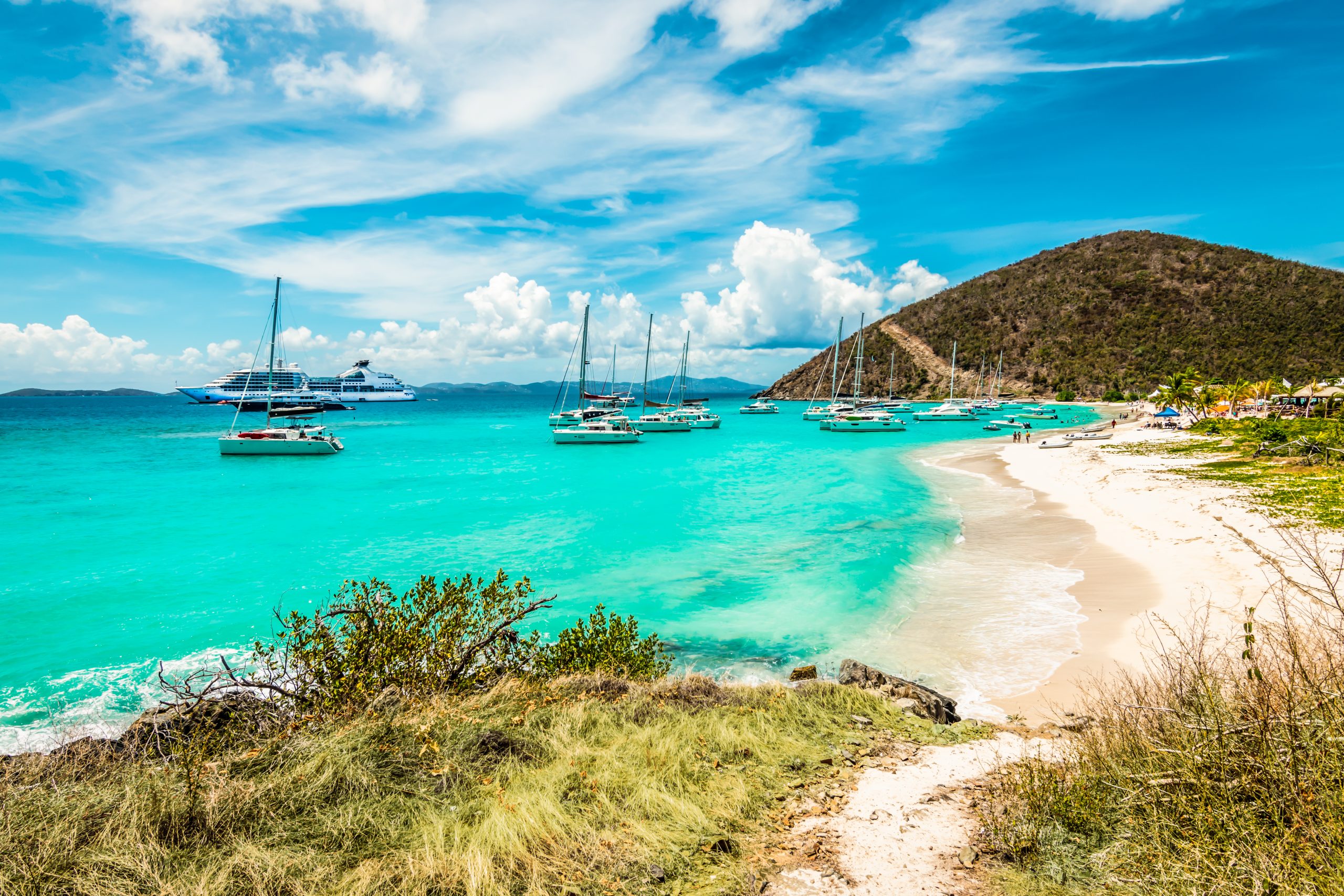 Every Caribbean island has its unique charm. Research thoroughly to find the one that suits your vacation style. For instance, if you’re an adventure junkie, consider Puerto Rico or the Dominican Republic. For luxury seekers, St. Barts or Anguilla could be ideal.
Every Caribbean island has its unique charm. Research thoroughly to find the one that suits your vacation style. For instance, if you’re an adventure junkie, consider Puerto Rico or the Dominican Republic. For luxury seekers, St. Barts or Anguilla could be ideal.
3. Best Time to Visit
The Caribbean is a year-round destination, but the best time to visit is generally during the dry season, from December to April. However, this is also the peak tourist season, so expect higher prices and crowded beaches.
4. Currency and Language
 Most Caribbean islands accept US dollars, but it’s best to carry some local currency. English is widely spoken across the region, but you’ll also hear Spanish, French, and Dutch, depending on the island.
Most Caribbean islands accept US dollars, but it’s best to carry some local currency. English is widely spoken across the region, but you’ll also hear Spanish, French, and Dutch, depending on the island.
5. Health and Safety
Ensure you’re up-to-date on routine vaccines before travelling. Also, pack a first-aid kit with essentials like pain relievers, bug spray, and sunscreen. Safety can vary across islands, so research and take necessary precautions.
6. Local Cuisine
 Indulge in the local cuisine. Expect lots of fresh seafood, tropical fruits, and dishes like jerk chicken, conch fritters, and roti.
Indulge in the local cuisine. Expect lots of fresh seafood, tropical fruits, and dishes like jerk chicken, conch fritters, and roti.
7. Respect Local Culture and Customs
 Respect local customs and traditions. Dress modestly when not on the beach, and always ask before taking people’s photographs.
Respect local customs and traditions. Dress modestly when not on the beach, and always ask before taking people’s photographs.
8. Transportation

Public transportation options vary by island. Taxis, buses, and ferries are common, but renting a car may offer more freedom. Remember, driving is usually on the left side of the road.
9. Marine Life
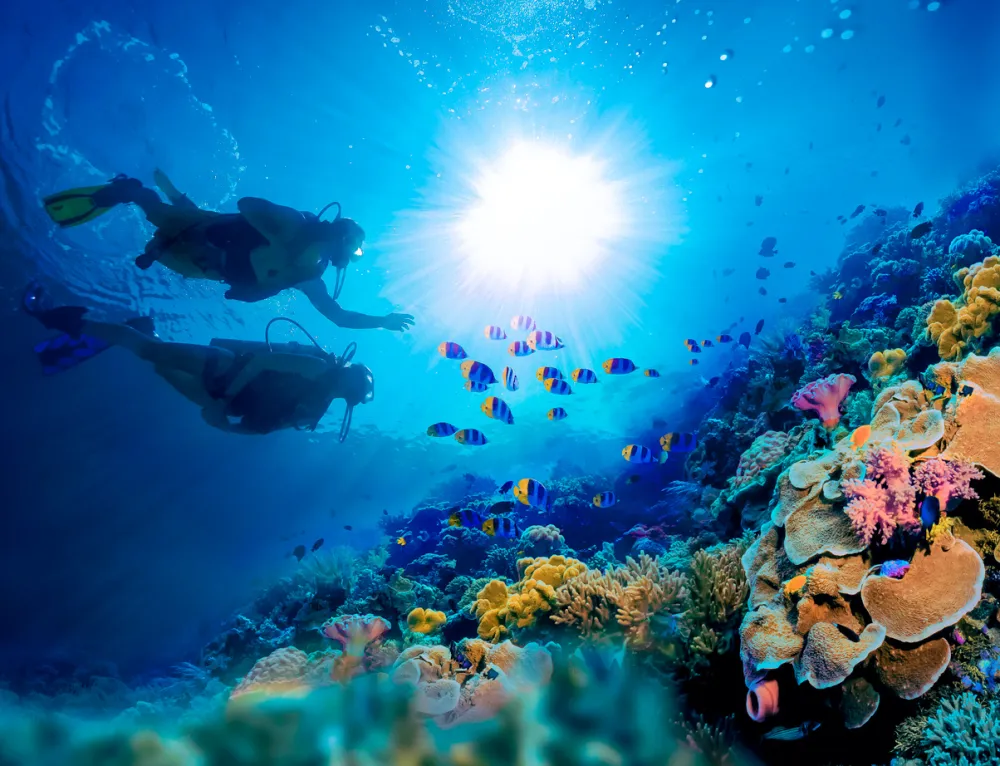 The Caribbean is a biodiversity hotspot. Snorkel or scuba dive to explore the vibrant underwater world. Just remember not to touch or disturb the marine life.
The Caribbean is a biodiversity hotspot. Snorkel or scuba dive to explore the vibrant underwater world. Just remember not to touch or disturb the marine life.
10. Activities and Attractions
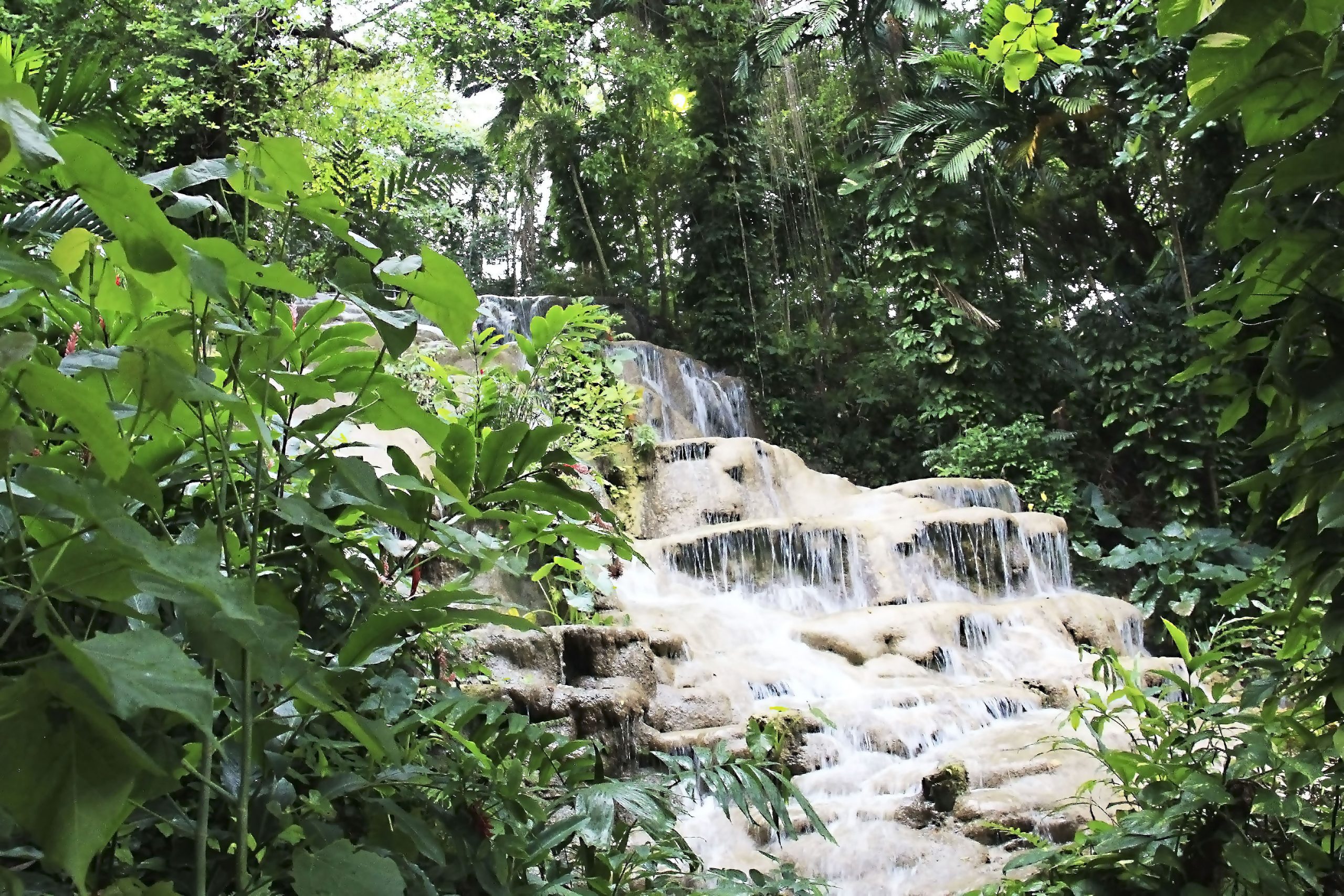
There’s more to the Caribbean than pristine beaches. Hike in the rainforests, explore colonial towns, visit rum distilleries, and more. Plan your itinerary in advance.
11. Shopping
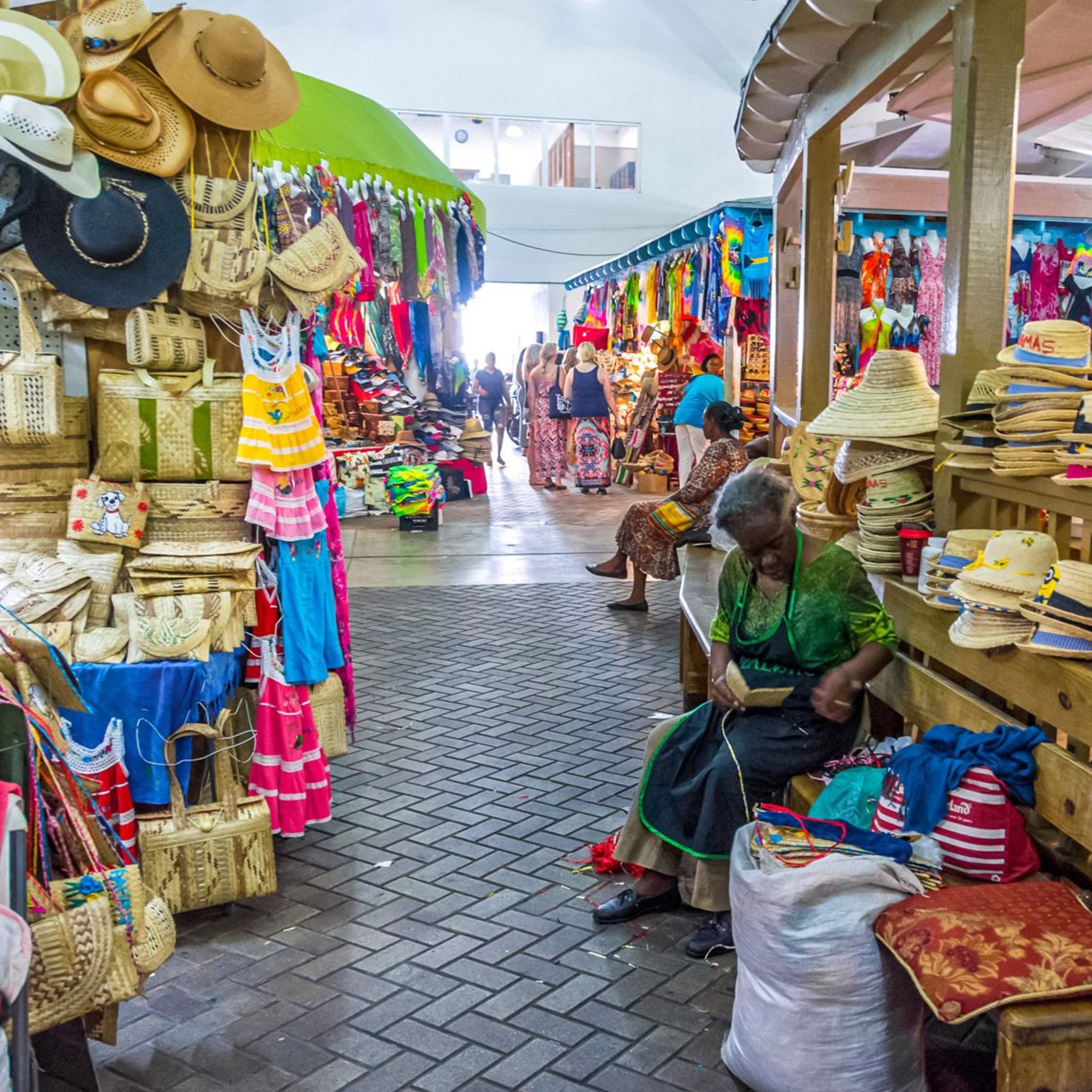 Shopping in the Caribbean can be a unique experience. Look for local crafts, jewelry, spices, and rum.
Shopping in the Caribbean can be a unique experience. Look for local crafts, jewelry, spices, and rum.
12. Pack Smart
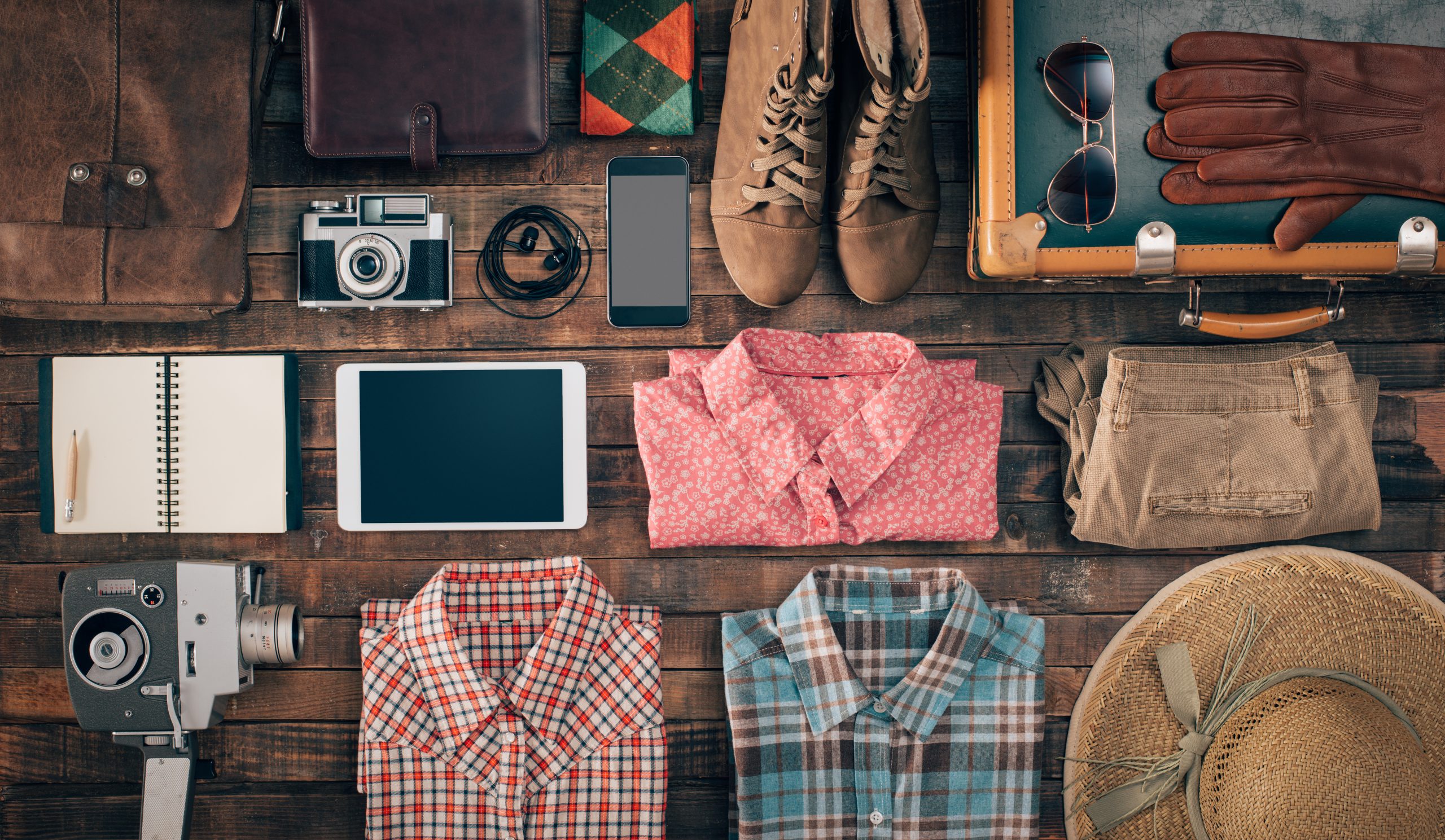
Pack light summer clothing, a good pair of walking shoes, swimwear, and essential accessories like sunglasses, hats, and sunscreen. Don’t forget your camera!
13. Must-Visit Places
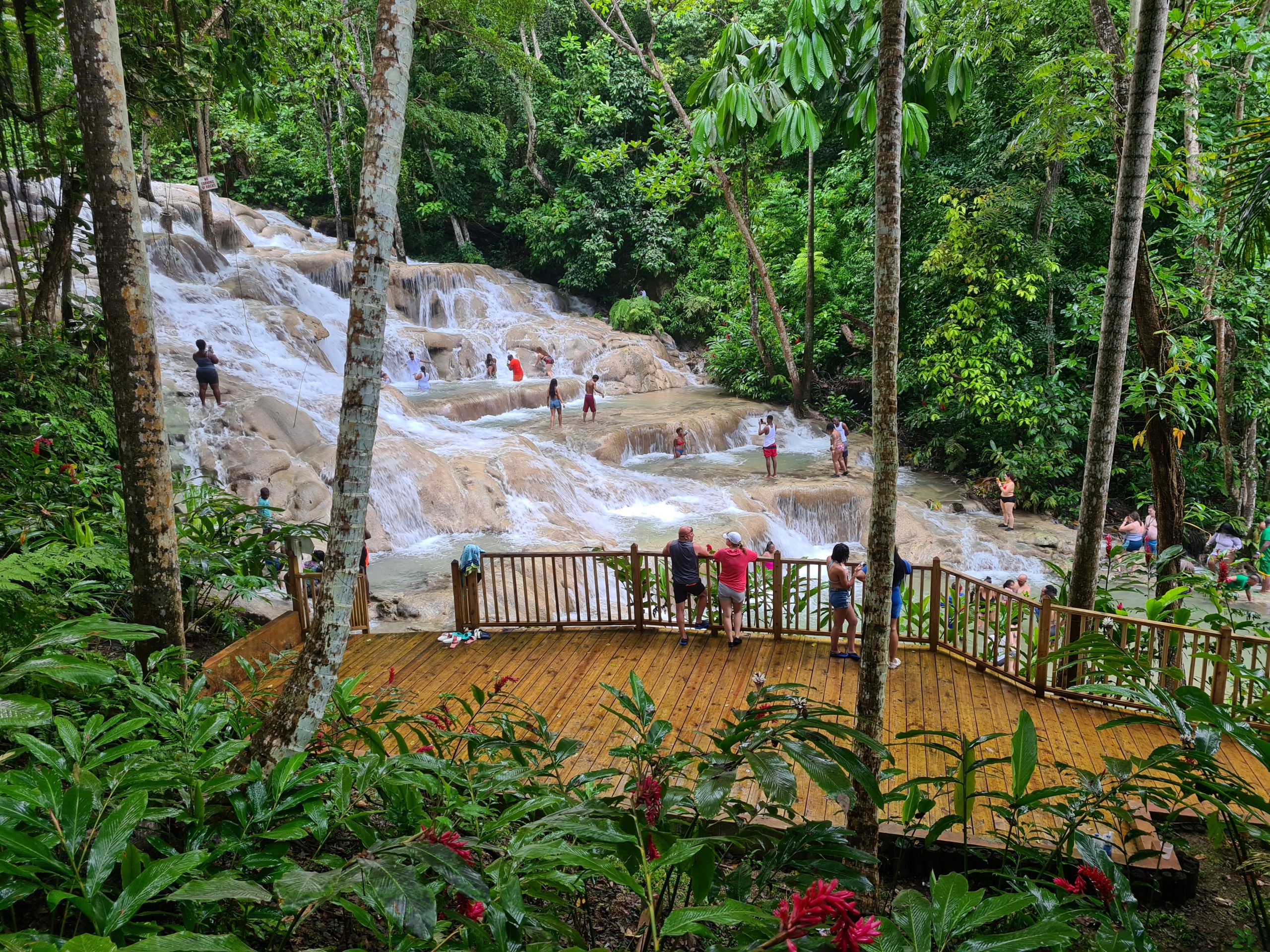 Identify the must-visit places in your destination to ensure you make the most of your Caribbean vacation. Noting down historical sites, cultural hotspots, adrenaline-pumping activities, or natural wonders you wish to visit can help immensely in planning your itinerary.
Identify the must-visit places in your destination to ensure you make the most of your Caribbean vacation. Noting down historical sites, cultural hotspots, adrenaline-pumping activities, or natural wonders you wish to visit can help immensely in planning your itinerary.
Pro tip: Check the travel distances between your resort and the places you intend to visit, including the airport, to ensure efficient planning.
14. Laws and Customs
To respect the local culture and avoid any legal issues, familiarize yourself with the basic laws and customs of your destination. Here are a few examples for popular Caribbean destinations:
Mexico:
- Law: Public use of offensive language is prohibited.
- Custom: Men traditionally show courtesy by opening doors and offering seats to women.
Jamaica:
- Law: Army or police camouflage wear, purchase, or sell is illegal.
- Custom: People usually wait for an invitation before addressing someone by their first name.
Dominican Republic:
- Law: Counterfeit goods are illegal.
- Custom: Locals often take pride in their attire as an indication of their success.
15. Ideal Duration of Stay
Deciding the duration of your stay can significantly impact your travel experience. This decision should ideally be based on your list of planned activities, the distance between your resort and places you wish to visit, and other personal factors.
16. Environment Consciousness
Respect the environment. Avoid littering and carry a reusable water bottle. Remember, coral reefs are delicate ecosystems, so be mindful while snorkeling or diving.
17. Stay Connected
Most Caribbean islands have good internet connectivity and cellular coverage. Check with your service provider for international plans.
18. Understanding All-Inclusive Resorts
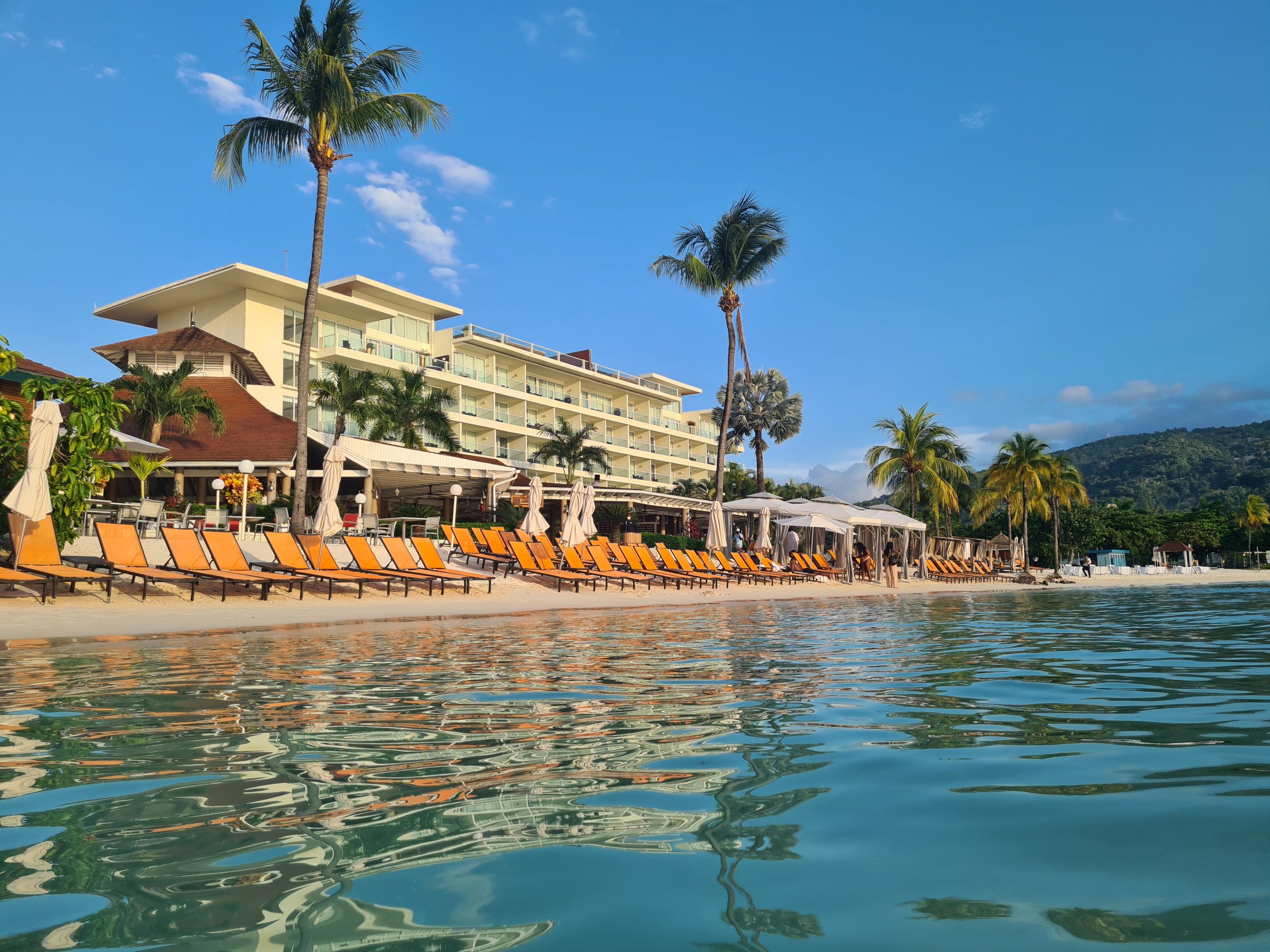 If you’re considering an all-inclusive resort for your stay, make sure you understand what’s included in the package. This can vary from resort to resort but generally covers accommodation, meals, drinks, and some activities.
If you’re considering an all-inclusive resort for your stay, make sure you understand what’s included in the package. This can vary from resort to resort but generally covers accommodation, meals, drinks, and some activities.
19. Travel Insurance
Investing in a good travel insurance policy can provide peace of mind during your vacation. It can cover unexpected circumstances such as medical emergencies, trip cancellations, and lost baggage.
20. Beyond Beach Lounging
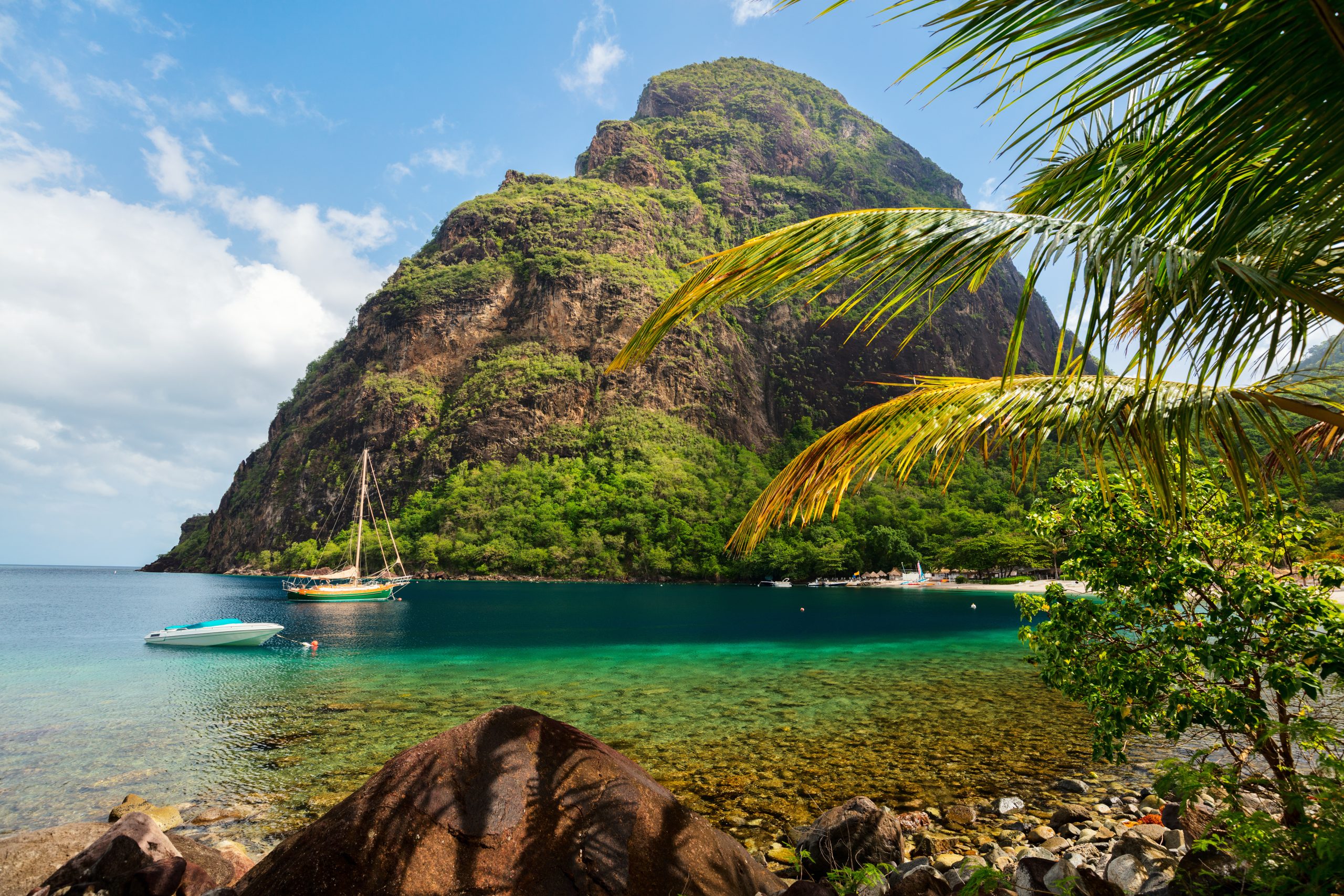
While the beaches are a major draw, the Caribbean offers a plethora of other adventures. From hiking and mountain biking to diving and exploring volcanos, there are plenty of options to choose from.
21. Renting a Vehicle
If you’re planning to explore extensively, consider renting a vehicle. While taxis and buses can be convenient, having your vehicle offers more flexibility. However, be prepared for narrow, winding roads.
22. Delving into History & Culture
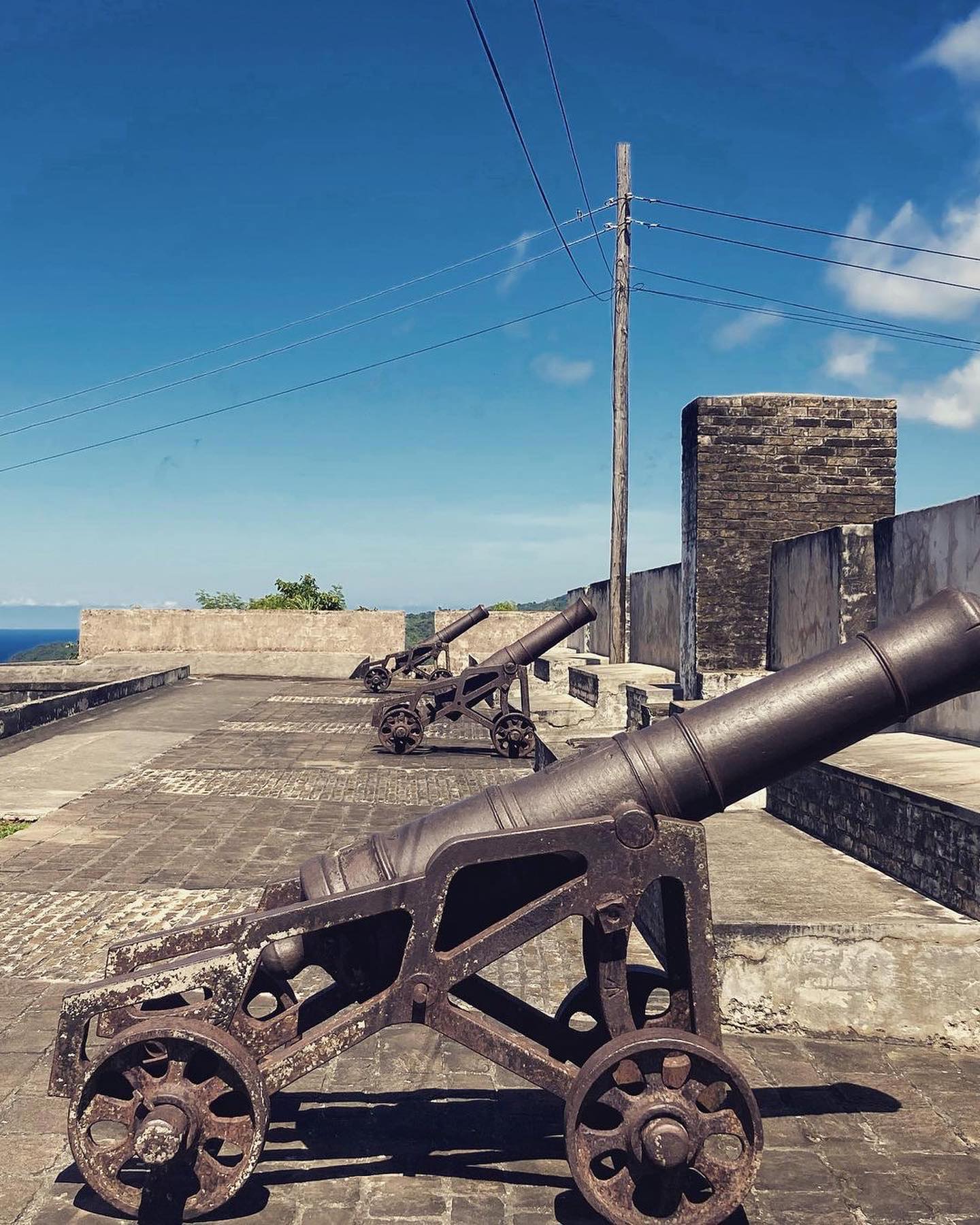 The Caribbean is rich in history and culture. It’s worth investing some time to learn about the local traditions and historical events of the island you’re visiting.
The Caribbean is rich in history and culture. It’s worth investing some time to learn about the local traditions and historical events of the island you’re visiting.
23. Protecting Coral Reefs: Use Reef-Safe Sunscreen
Coral reefs are under threat, with many sunscreens containing harmful chemicals like Oxybenzone and Octinoxate. Always ensure to choose a sunscreen that’s coral reef safe.
24. Insect Repellents
In the Caribbean, it’s wise to protect yourself from mosquito bites, as some diseases like dengue fever and Zika virus are transmitted via mosquitoes. Using a repellent with 50% DEET is recommended.
25. Respectful Tourism
While tourism is a significant industry, not all Caribbean islands rely on it, and some locals might have misgivings about it. Always be respectful during your visit.
26. Passport and Financial Preparedness
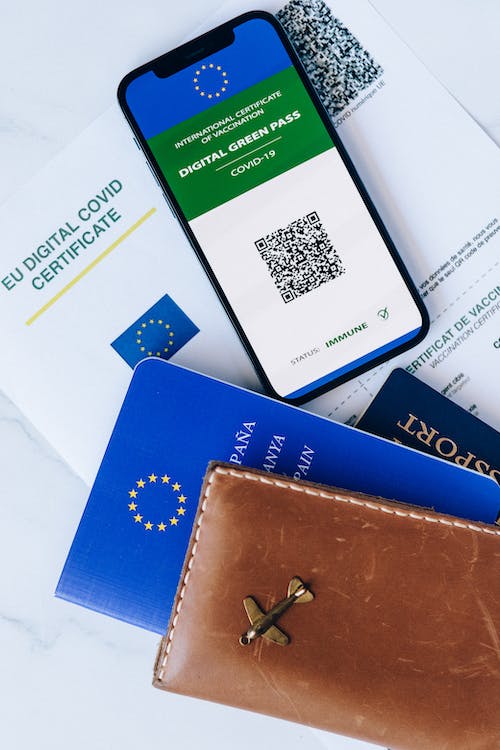 If you’re a European traveler, you won’t need a passport to enter the French territories of Guadeloupe or Martinique. However, a passport is mandatory if you’re planning to visit other islands like Dominica or St. Lucia. To be on the safe side, it’s best to have your passport handy. Most islands also require a return ticket.
If you’re a European traveler, you won’t need a passport to enter the French territories of Guadeloupe or Martinique. However, a passport is mandatory if you’re planning to visit other islands like Dominica or St. Lucia. To be on the safe side, it’s best to have your passport handy. Most islands also require a return ticket.
When it comes to the local currency, many islands accept US dollars and Euros. But note that if the cost is in East Caribbean Dollar (EC) and you pay in USD, you won’t get change. It’s advisable to carry some cash and withdraw from ATMs when necessary.
The Caribbean is home to 13 different currencies, so it’s essential to know which currency the island you’re visiting uses.
27. Overcoming Language Barriers
It’s not uncommon to encounter locals who might not speak your language. The Caribbean is a linguistic melting pot with French, Dutch, English, and Spanish being the primary languages spoken across various islands. Knowing a bit of the local language can enhance your travel experience.
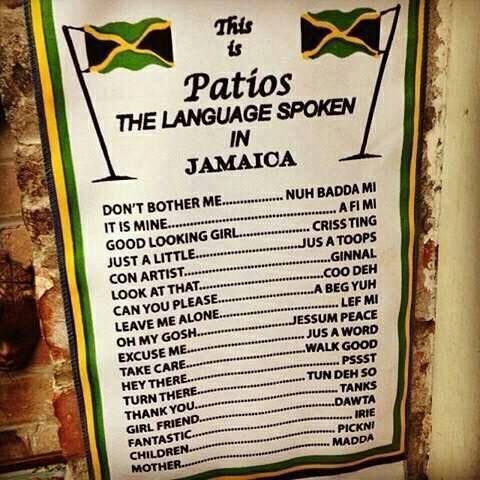 Local Phrases
Local Phrases
Learning a few local phrases can greatly enhance your travel experience. Simple greetings or expressions of gratitude in the local language can go a long way in building connections with the locals.
28. Understanding the Hurricane Season
The allure of cheaper prices during the hurricane season might be appealing. However, it’s crucial to weigh the risks involved. Tropical storms, especially in September and October, can disrupt your Caribbean getaway.
29. Not All Islands Experience Hurricane Season
While some islands are prone to hurricanes, others like Barbados,Aruba, Bonaire, Curaçao, and Trinidad and Tobago are outside the hurricane zone. They usually escape the direct brunt of hurricanes but might experience storm surges or flooding.
30. Island Hopping: By Sea or By Air
Given the close proximity of many islands, a multi-island Caribbean vacation is feasible. You can explore the region by sea or air, depending on your preference and the distances involved.
31. Exploring the Beaches
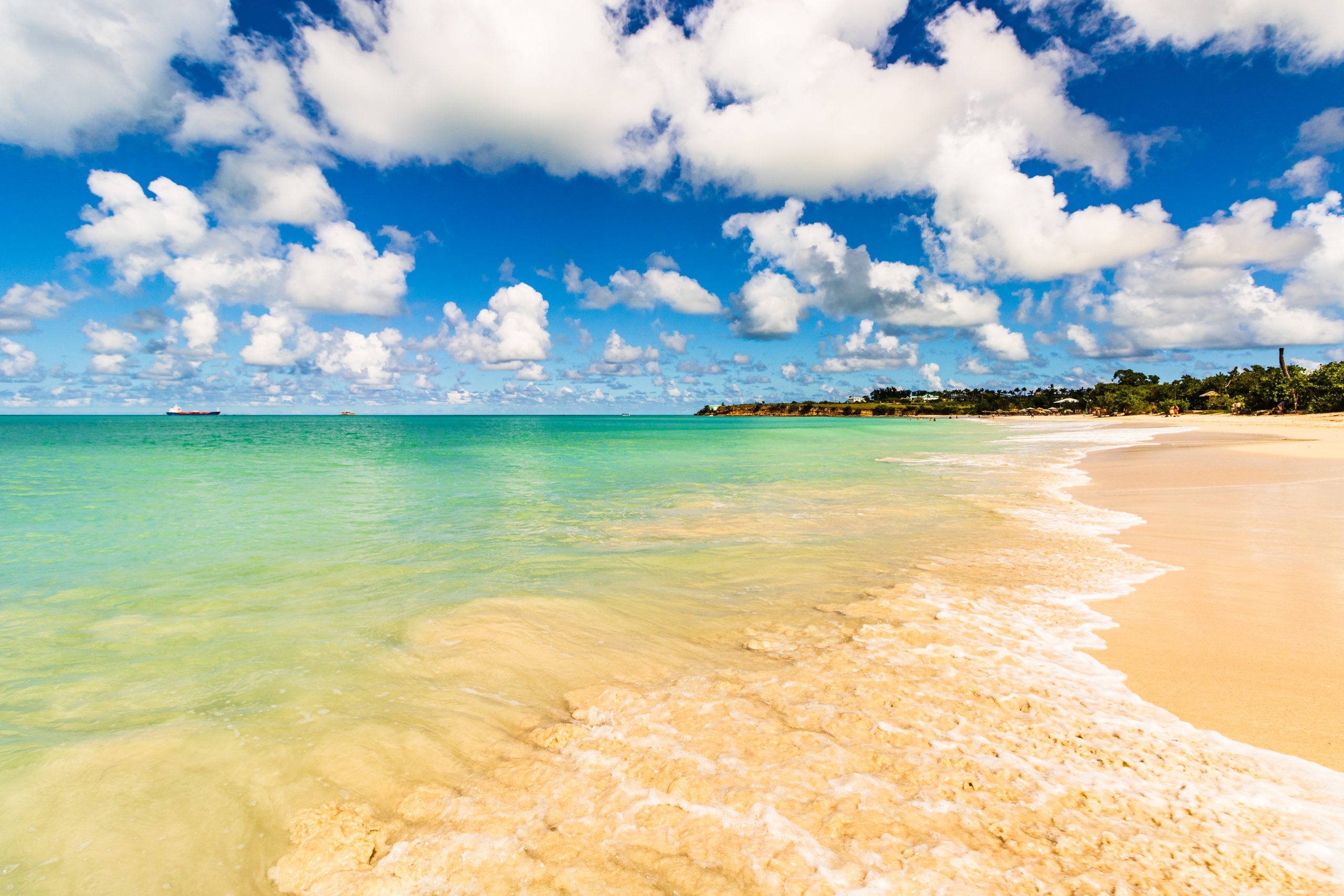
The Caribbean is famous for its stunning beaches. From the white sands of Anguilla, Antigua, the Grenadines, and the Bahamas to the golden sands of Puerto Rico, Jamaica, St Lucia, and others, there’s a beach for every taste. Some islands even have black-sand and pink-sand beaches.
Conclusion
Armed with these tips, you’re now ready to set off on your Caribbean adventure. Remember, the key to a successful vacation is to plan well, respect the local culture and environment, and most of all, enjoy the unique experiences the Caribbean has to offer.
—
Be sure to tag us in your photos and videos @resortcaribbean, and follow our socials: Instagram, Facebook, YouTube.





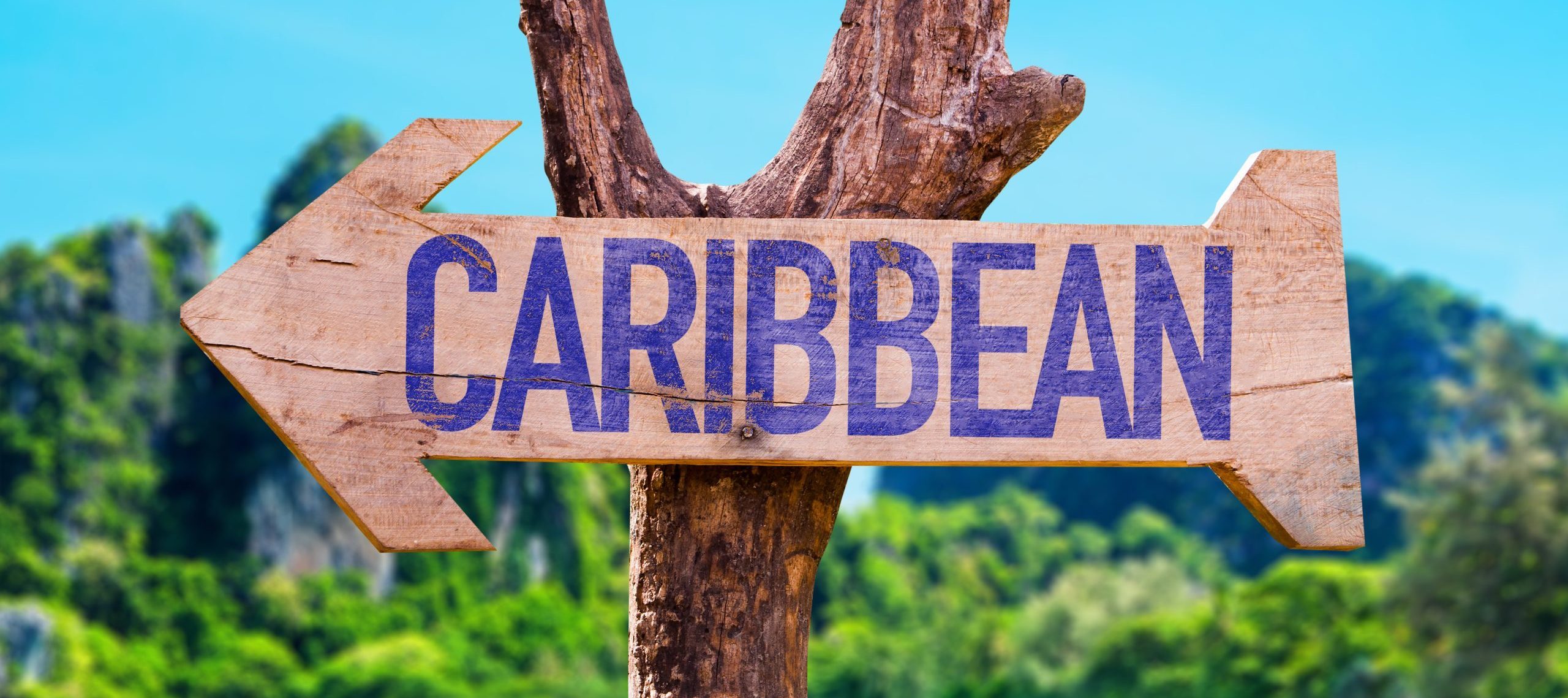
![What You Need to Know before Visiting Azul Beach Resort Negril Jamaica Gourmet All-Inclusive [Resort Review] Azul Beach Resort Pool](https://resortcaribbean.co/wp-content/uploads/2021/09/20210828_091210-2-100x70.jpg)
![Visiting Ocean Coral Spring – One of Jamaica’s Most Famous Resorts [Resort Review] Visiting Ocean Coral Spring - One of Jamaica's Most Famous Resorts](https://resortcaribbean.co/wp-content/uploads/2021/11/20211106_155809-100x70.jpg)
![What is it like Visiting Iberostar Rose Hall Beach, Iberostar Grand Rose Hall, Iberostar Selection Rose Hall Suites? [Resort Review] What is it like visiting Iberostar Rose Hall Beach, Iberostar Grand Rose Hall, Iberostar Selection Rose Hall Suites?](https://resortcaribbean.co/wp-content/uploads/2023/03/20151129_122732-100x70.jpg)
[…] 31 Things You Need to Know Before You Go to the… […]